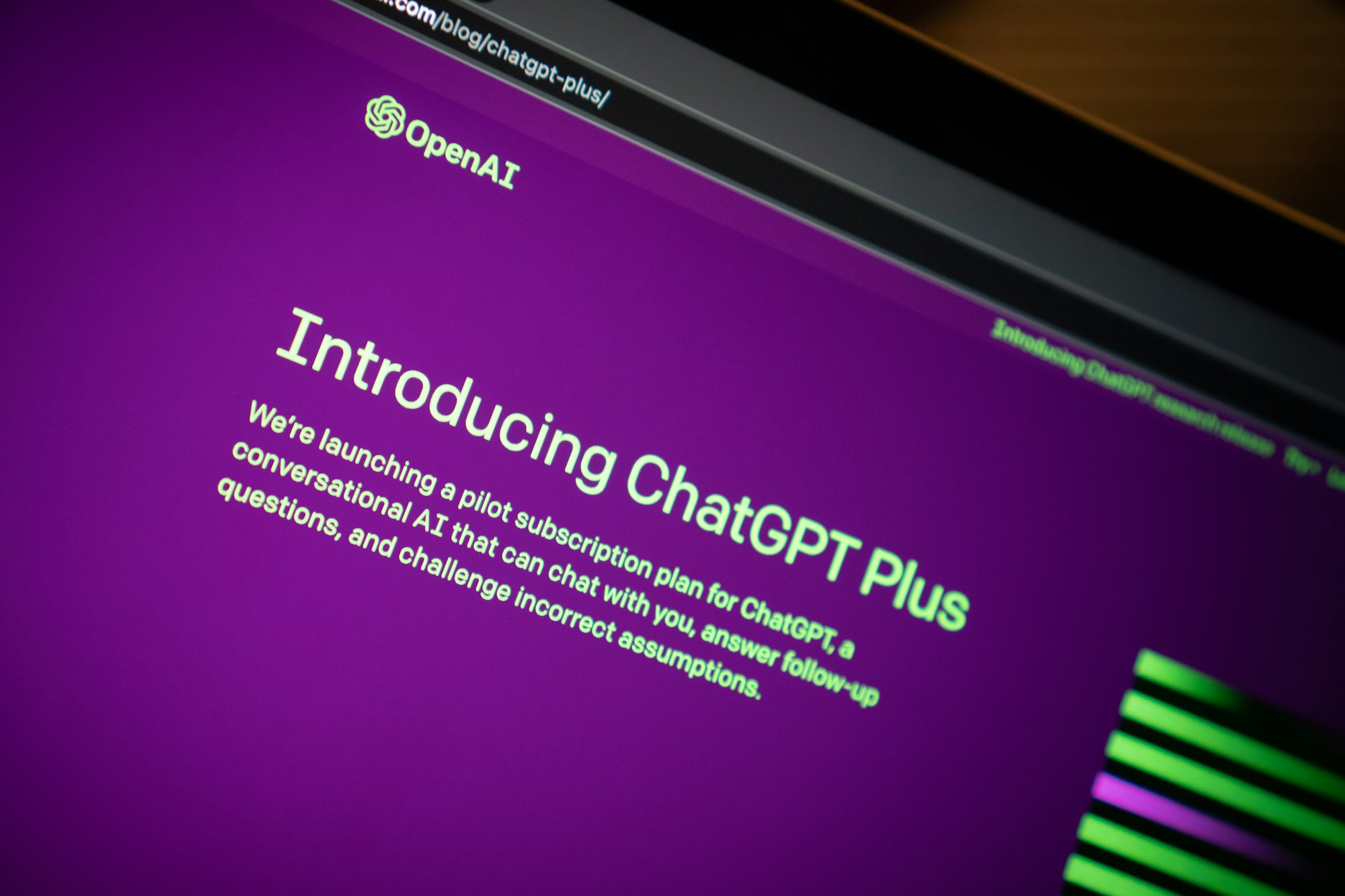By: Victor Dixon, A&E Editor
Generative AI – or artificial intelligence – has recently become a popular topic in technology, politics, art, music, academics and more.
But how is Newman University responding to the arrival of AI?
The Academics Affairs office has updated the university’s Academic Honesty policy in consultation with Teaching and Learning Coordinator Marguerite Regan to address any potential unauthorized use of AI to complete schoolwork, said Vice President of Academic Affairs Alden Stout.
The new section of the ethics code reads, “Unauthorized or unacknowledged use of advanced generative AI (ChatGPT, GPT4, Bing Chat, etc.) in completing assignments, exams, or papers is a form of academic dishonesty. Faculty members set parameters for when and how the use of such technology is permissible. Students should consult the course syllabus and assignment guidelines, as policies will vary across courses, instructors, and assignments. If specific parameters are not outlined by the instructor, students should assume the use of generative AI is prohibited.”
Stout also says the university is working with professors to incorporate AI into classes.
“AI will be utilized throughout a wide array of jobs and careers,” he said. “Understanding how to use AI effectively to solve problems is part of a shift we need to make in how teaching and learning occurs.”
Students might have also noticed the “Academic Integrity vs. Artificial Intelligence” posters that are hanging around campus and that share tips on using AI responsibly in college. The posters say that the information they contain has been “adapted from WSU’s Student Conduct and Community Standards.”
“Across higher education, institutions are working through the best ways to respond to the potential use of generative AI as a form of academic dishonesty,” Stout said. “We researched numerous other institutions’ policies to gain insight from them.”
Students are also exploring how to use AI as a learning tool.
“Almost all of my professors have talked about it,” says freshman Isabella Callaba. “I’ve used it to check my homework answers. It’s helping me learn the information.”
“It will be a faster tutor, a writing coach available 24-7, some ‘one’ who can help you brainstorm when your roommate is napping,” said Dr. Kelly McFall, History Professor and Honors Program Director, who has been actively discussing with his student when the use of AI for school work is acceptable.
“We’re so early in the development of AI that we’re all learning together how to use it in a way that enhances learning rather than short circuits it,” he said.
“You can follow the rules regarding AI and still use it in a way that lessens your ability to learn,” McFall said. “But you can also use AI in ways that enhance learning.”
PHOTO: Courtesy photo, Unsplash
